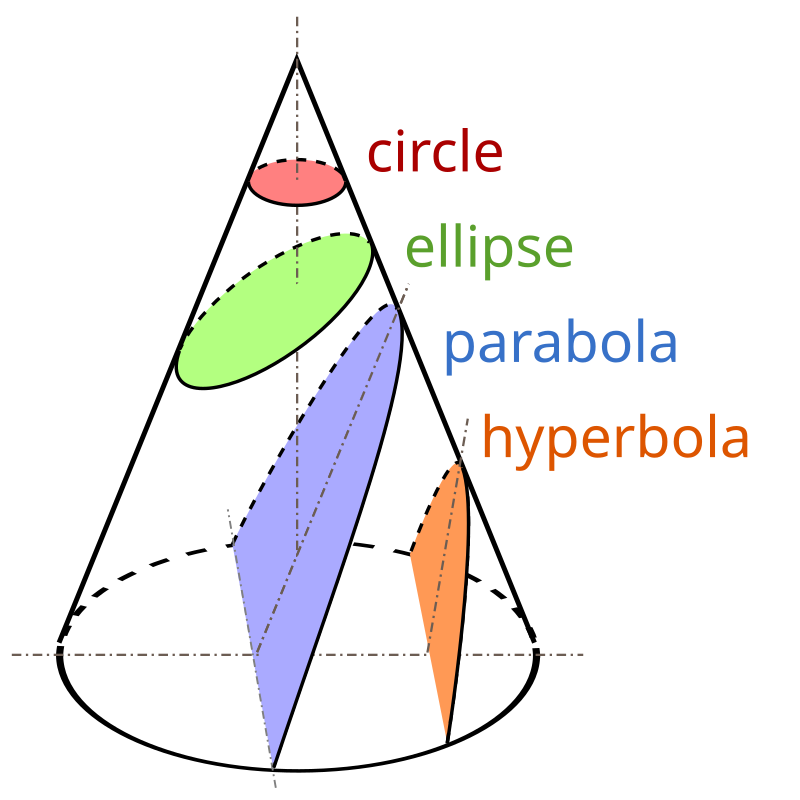TL;DR -- Today, we reach far back. If we can do that with the military guys we can do so with an example of a woman who was a mathematician and was martyred for her beliefs.
--
Why go back so far with respect to finding an example for Women's History Month? Well, last year, we looked at Emmy Noether who arrived before WWII and taught mathematics at Bryn Mawr. She had a serious influence on the modern view as seen by her Math Genealogy Profile. Many have not heard of Emmy and her work.
Just like we did not know of the Wartime Quartet until December of last year.
Hypathia is of the western tradition and fits within the major themes that we are looking at. Mainly, New England was the focus and continues to be a prime one.
 |
| Hypatia wrote a commentary on Apollonius of Perga's treatise on conic sections,[34][133][134] but this commentary is no longer extant.[133][134] |
Hypatia lived AD (also known as CE) and can be considered a cohort of early civilization in northern Europe. We are talking the ancestors of Alfred the Great, for instance. She is in the "Ancient History" section of the Timeline of the Women of Science which would have been still during the Roman times who were in the London area and elsewhere.
Hypatia was an astronomer and mathematician. She was the daughter of a mathematician. She followed the ideas of Plotinus and was murdered for taking this position. Without going into the details, Hypatia is considered a martyr for the cause of technology; as such, she deserves to be remembered. Our focus on technology (again, AIn't is prime concern) will keep her in the discussions.
Such as, oh yes, changes that need to be brought to bear will require a few philosophical issues to be discussed and kept in focus. Don't you think that this is about time?
03/26/2023 -- Changed the image to be more of an interest to modern technology. We live and work, still, even intellectually, in an Euclidean world. ... One change is that now we know where to start researching over the waters. See not Square one? ..., Too, we will rearrange the knowns and the discussion of the unknowns and what to do. Then, proceed from that place. We' ll put more effort into the 1st generation and the connection to the families of the time.
No comments:
Post a Comment